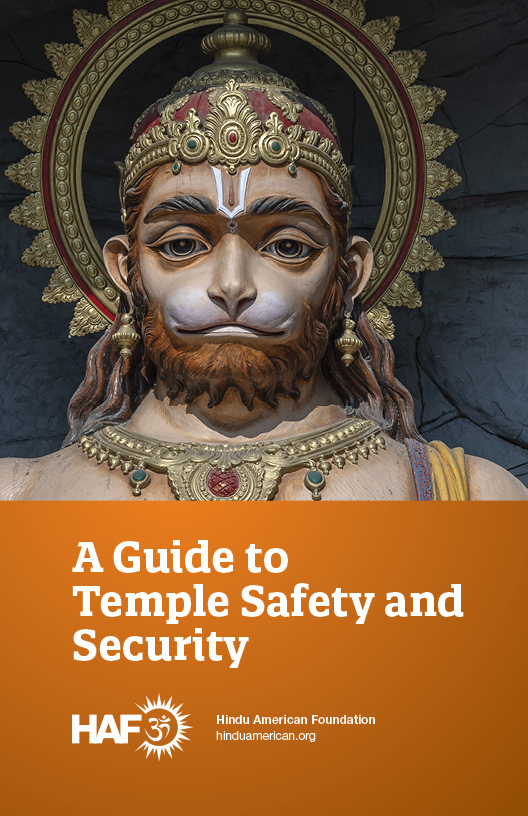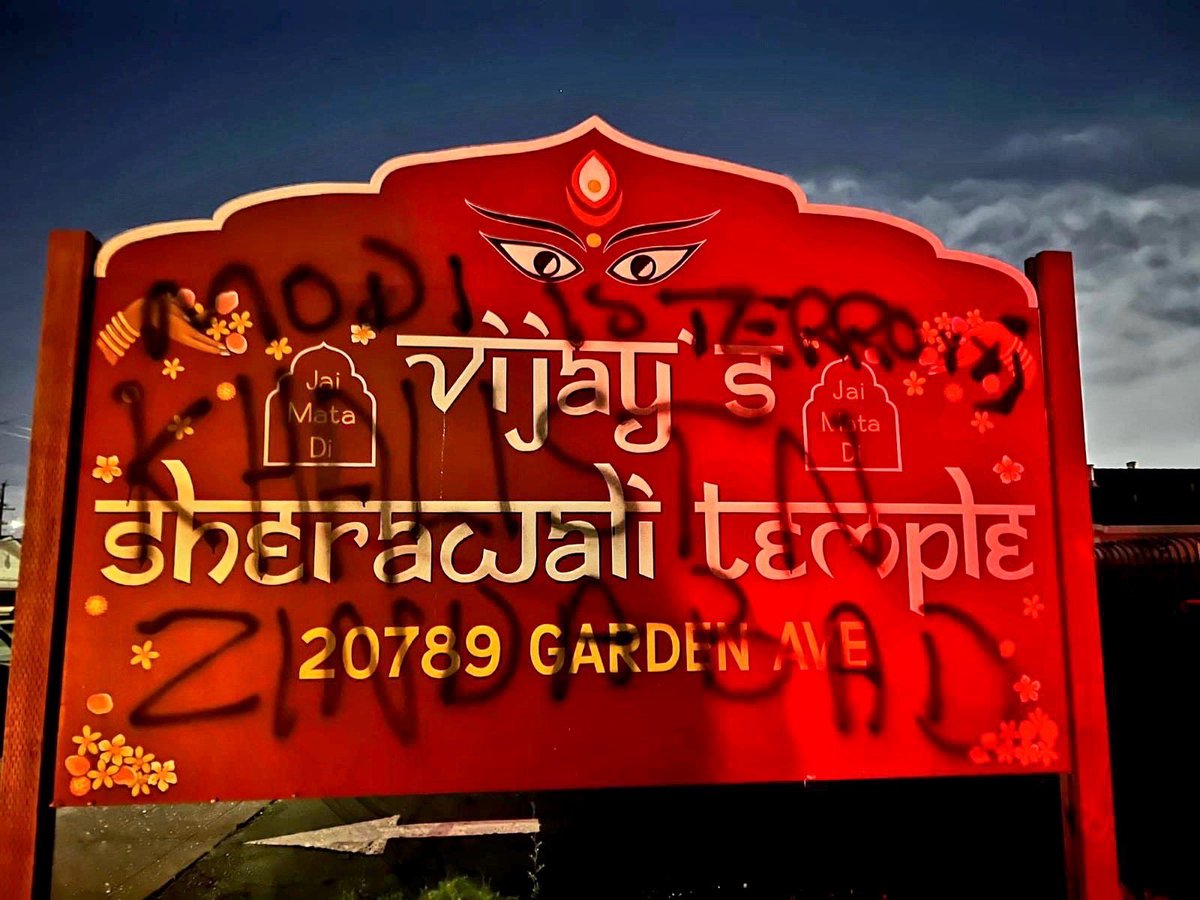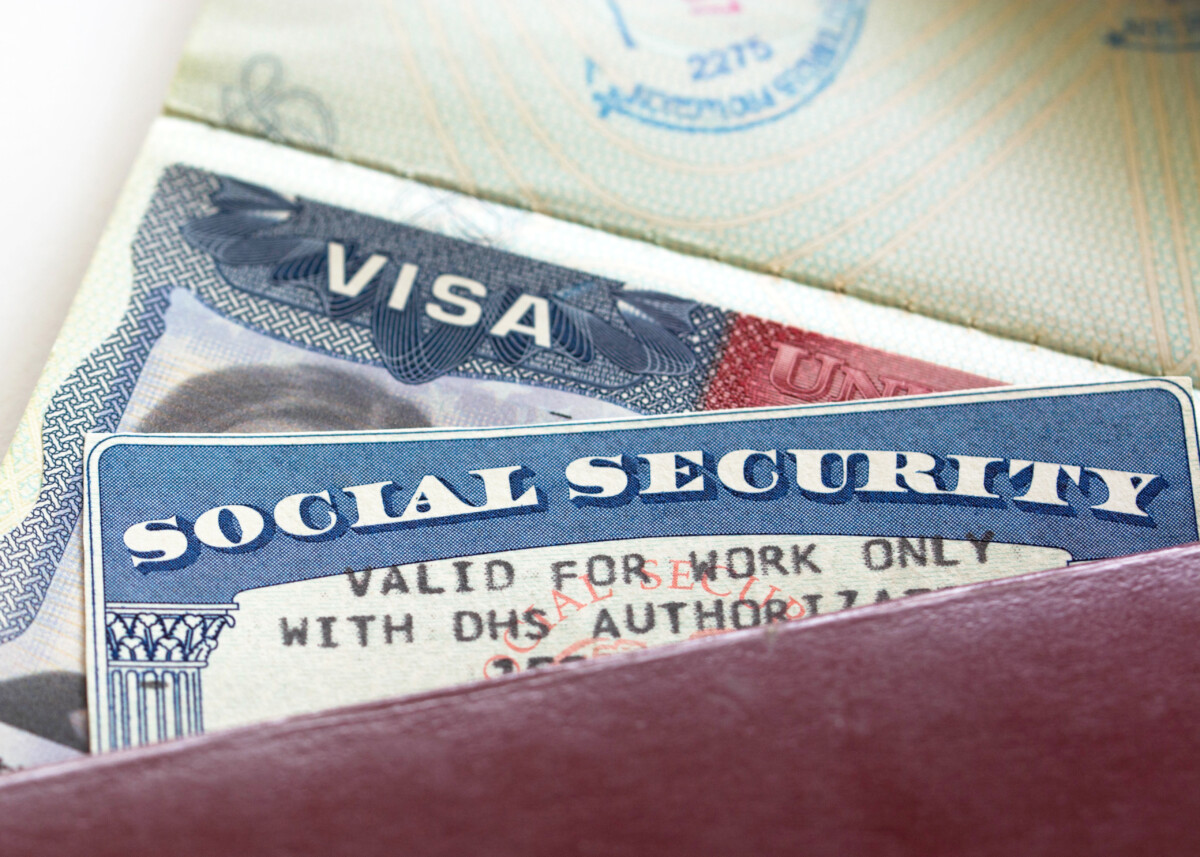For a Hindu temple to function effectively, it needs qualified religious workers. Most Hindu temples meet their staff needs by hiring religious workers trained in India, who enter the United States under an R-1 Temporary Nonimmigrant Religious Worker Visa or the EB-4 Special Immigrant Non-Minister provision in the Religious Worker Visa Program. As Hindu Americans do not have the facilities to train religious workers domestically, virtually all Hindu religious workers come in under one of these provisions of the Religious Worker Visa program. Such dependence makes it essential for temples to understand how to navigate the American immigration system.
The EB-4 Special Immigrant provision in the Religious Worker Visa Program, enacted by Congress in 1990, is the primary avenue by which many foreign religious workers coming to the US can apply for permanent resident status, while the R-1 Temporary Nonimmigrant Religious Worker Visa allows temples to sponsor religious workers to work in the US on a temporary basis.
The EB-4 Special Immigrant visa program for Non-Ministers is continuously at risk of being discontinued, if it is not extended by Congress. The law allows these workers to immigrate or adjust to permanent resident by a certain date. Non-Minister special immigrant religious workers include those within a religious vocation or occupation engaged in either a professional or non-professional capacity. If the program ends, it applies to accompanying spouses and children of these Non-Minister Special Immigrant religious workers as well. Special Immigrants entering the US solely for the purpose of carrying on the vocation of a Minister, and their accompanying spouses and children, are not affected by this program. The R-1 Temporary Religious Worker visa would also not be impacted by an end to the EB-4 Special Immigrant visa program for Non-Ministers.
The Religious Worker Visa program, as currently construed, is divided into two provisions: the Minister and Non-Minister provision. Each provision allows temples to sponsor different categories of workers.
The Minister provision provides visas to persons authorized by a recognized religious denomination to conduct religious services. A minister must have a license, certificate, or other formal recognition from a qualified religion, which qualifies them to conduct religious services. For temples, this provision may cover:
- Acharyas (religious teachers)
- Brahmachari/Brahmachirini (student monks)
- Swami/Swamini (monks)
The Non-Minister provision covers all religious workers that do not qualify as ministers. For temples, this provision may cover:
- Pandit/Pujari (Hindu priest)
- Paricharakara (religious food preparer)
- Sthapati (religious architect)
- Shilpi (religious artisan)
- Religious Artists
- Religious Jewelers
Places of worship, including temples are considered “sensitive locations” and Immigration Customs and Enforcement (ICE) agents will not conduct immigration raids/ enforcement actions at these locations unless:
- Exigent(emergency) circumstances exist
- Other law enforcement actions have led officers to the temple, or
- Prior approval is obtained from a designated supervisory official at the temple
A temple can file a complaint about a particular ICE enforcement action that may have taken place in violation of the sensitive locations policy by contacting ICE Enforcement and Removal Operations (ERO) through the Detention Reporting and Information Line at (888) 351-4024 or through the ERO information email address at ERO.INFO@ice.dhs.gov, also available at https://www.ice.gov/webform/ero-contact-form.
The Civil Liberties Division of the ICE Office of Diversity and Civil Rights may be contacted at (202) 732-0092 or ICE.Civil.Liberties@ice.dhs.gov.










































